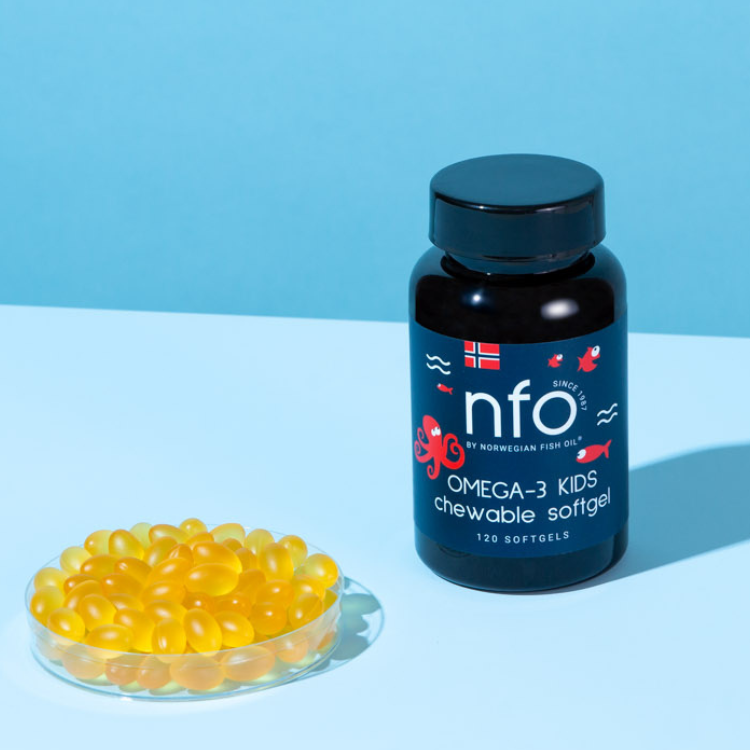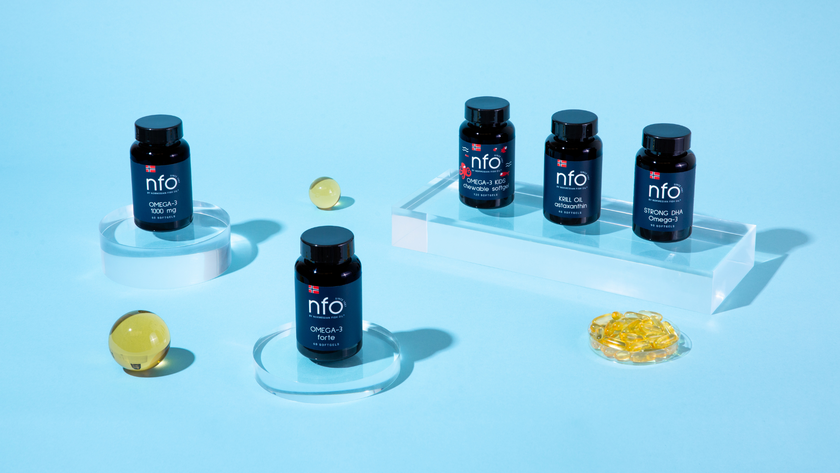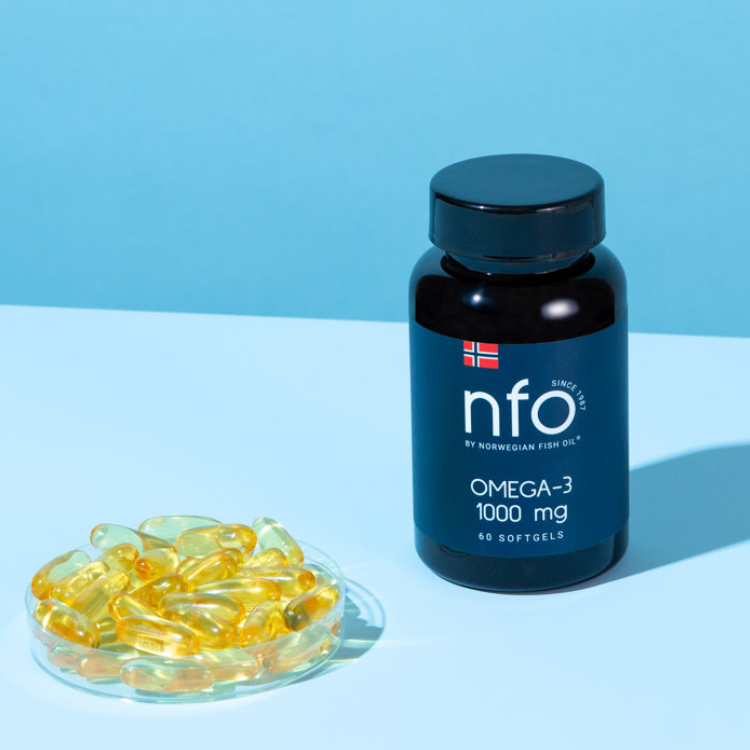Introduction
Women’s nutritional needs evolve through various life stages, influenced by factors such as age, hormonal changes, and lifestyle. Vitamins and minerals are essential to maintaining optimal health, promoting skin vitality, boosting immunity, and supporting mental well-being. This blog explores key vitamins for women’s health, their benefits, and the importance of incorporating them into daily life.
Vitamin C: The Skin’s Best Friend
Vitamin C is an antioxidant powerhouse that plays a significant role in skin health, immune function, and overall vitality. Known for its ability to combat free radicals, this vitamin helps reduce oxidative stress and promote collagen production, keeping skin firm and youthful.
According to Lin et al. (2005), Vitamin C stabilizes skin solutions and enhances photoprotection when combined with other antioxidants. Its daily intake can prevent dullness and protect against premature aging caused by UV exposure. Incorporating fresh citrus fruits, strawberries, and bell peppers into one’s diet can help achieve optimal levels of this essential nutrient.
Omega Fatty Acids: For a Balanced Mind and Body
Omega-3 and Omega-6 fatty acids are indispensable for maintaining cardiovascular health, brain function, and hormonal balance. These healthy fats also promote smooth, glowing skin by reducing inflammation and strengthening the skin barrier.
Malek et al. (2019) highlighted the role of omega fatty acids in supporting mental health and mitigating symptoms of depression. To incorporate them into your diet, consider consuming fatty fish like salmon, walnuts, and flaxseeds. For those who prefer supplements, consult a healthcare provider for guidance.
Magnesium: The Unsung Hero
Magnesium is a mineral often overlooked but crucial for muscle function, stress regulation, and bone health. Women experiencing hormonal fluctuations can particularly benefit from magnesium’s ability to alleviate symptoms of premenstrual syndrome (PMS) and improve sleep quality.
According to Adams et al. (2016), magnesium aids in calming the nervous system, helping to combat stress and anxiety. Sources such as leafy greens, nuts, seeds, and whole grains are excellent ways to meet daily magnesium requirements.
B Vitamins: The Energy Boosters
B vitamins, including B6, B12, and folate, are vital for energy production, red blood cell formation, and nervous system health. They play a critical role during pregnancy by preventing birth defects and supporting fetal development.
Natural sources include eggs, dairy products, legumes, and fortified cereals. Additionally, vegetarians and vegans should consider B12 supplementation, as this vitamin is primarily found in animal-based foods.
Everyday Tips for Optimal Vitamin Intake
- Diversify Your Plate: Eating a variety of foods ensures you receive a broad spectrum of vitamins and minerals. Incorporate colorful fruits, vegetables, lean proteins, and whole grains into your meals.
- Stay Hydrated: Water is essential for nutrient absorption and overall body function. Aim for at least 8 glasses of water daily.
- Consistency is Key: Regularly consuming vitamin-rich foods and supplements (if needed) is more beneficial than sporadic intake.
- Read Labels: When choosing supplements, opt for high-quality options with verified certifications to ensure efficacy and safety.
- Prioritize Skincare: Removing makeup before bed and applying antioxidant-rich serums can complement your dietary efforts to maintain healthy skin. Neglecting this step can lead to skin issues such as clogged pores and premature aging (Robaei, 2018).
Conclusion
Incorporating vitamins like Vitamin C, Omega fatty acids, Magnesium, and B Vitamins into your daily routine can significantly enhance women’s health and well-being. Alongside these nutrients, maintaining a balanced diet, staying hydrated, and adopting consistent skincare practices can yield long-lasting benefits.
As emphasized by experts, investing in your health today lays the foundation for a vibrant and fulfilling life. Prioritize your nutrition and embrace the transformative power of vitamins every day.
References
- Adams RB, et al. (2016). What facial appearance reveals over time: When perceived expressions in neutral faces reveal stable emotion dispositions.
- Lin FH, et al. (2005). Ferulic acid stabilizes a solution of vitamins C and E and doubles its photoprotection of skin.
- Malek N, et al. (2019). Generalizing Duchenne to sad expressions with binocular rivalry and perception ratings.
- Robaei D. (2018). Subconjunctival mascara deposition.
- What causes our skin to age? (n.d.).









